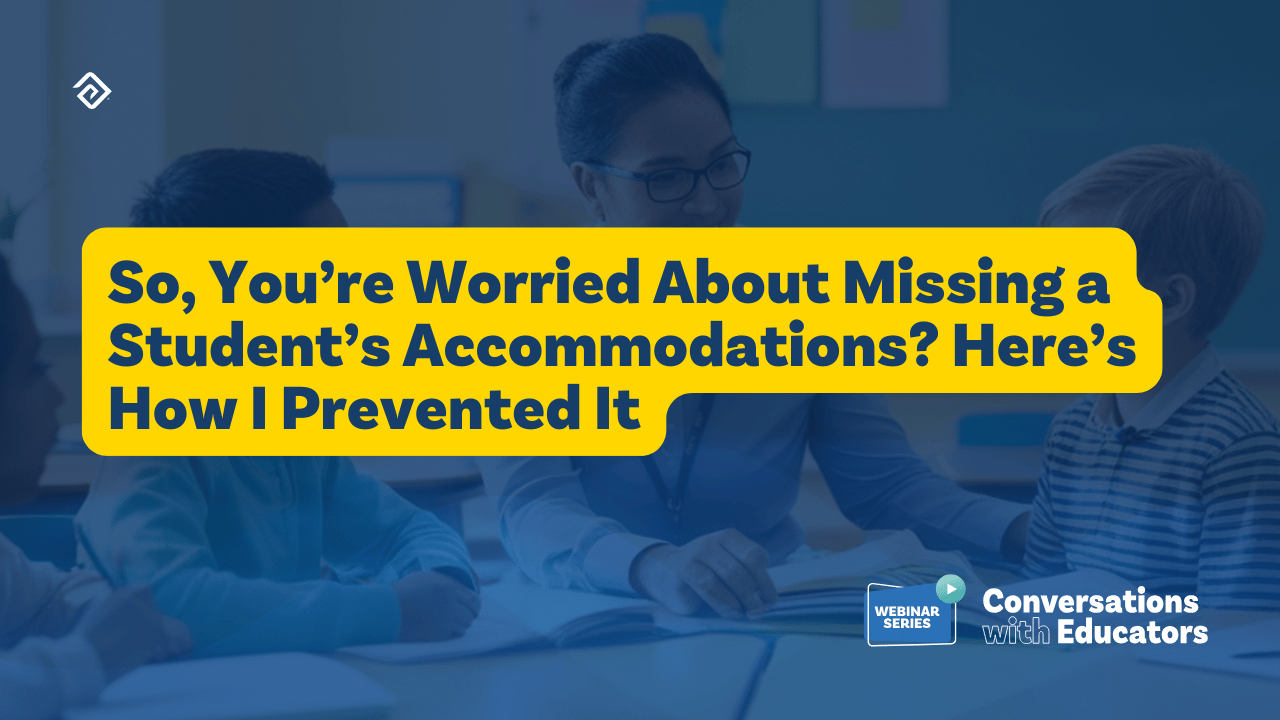Why Is Career Readiness Important in High School? Preparing for Life After Graduation
Career readiness is an important aspect of high school education, as it equips students with vital skills and knowledge to succeed in their future endeavors. A well-designed career readiness curriculum helps students prepare for life beyond the classroom, whether they are entering the job market or pursuing higher education.
High schools can prepare students for fulfilling careers by offering programs like career exploration activities, internships, and skills-building workshops. These opportunities teach students useful skills and help them discover what they enjoy, setting them up for success after graduation.

What Is Career Readiness?
Career readiness for high school students means having the skills and knowledge to do well in their future careers, whether they choose to start working right after graduation or continue their education. It involves building job-specific skills along with essential abilities like communication, teamwork, and problem-solving.
Students can develop these skills through:
- Schoolwork/classroom learning
- Group projects
- Real-world opportunities, such as job shadowing or internships
The goal is to help students confidently handle challenges and changes in any career path they choose. When schools equip them with both practical skills and life-long learning abilities, students can face their futures with confidence, knowing they have what it takes not only to secure a job but to continue growing professionally and build financial security.
Career Readiness Skills
Career readiness combines job-specific knowledge, adaptable skills, and the ability to demonstrate professionalism while using modern technology.
Hard Skills
These are the technical abilities needed for specific jobs. For example, a graphic designer should know how to use design software, and a mechanic needs to understand how tools and machines work. Developing these skills prepares students to handle the technical parts of their future careers.
Soft Skills
Soft skills are abilities that apply to many jobs and workplaces and are essential for adapting to various environments. These skills include:
- Communication: Expressing ideas clearly through writing, speaking, or nonverbal cues.
- Critical Thinking: Solving problems by thinking things through and coming up with smart solutions.
- Teamwork: Working with others, being reliable, and managing conflicts constructively.
- Leadership: Guiding and motivating others while managing tasks and goals.

Why Students Need Career Readiness
Employers and students often have different views on readiness for the job market. According to the National Association of Colleges and Employers (NACE), employers frequently rate graduates as less skilled than the graduates believe they are. This suggests a significant skills gap, where students may not fully recognize the abilities that employers value.
The rapidly changing job market means that developing career readiness skills like problem-solving and adaptability will make students far more marketable than attempting to master jobs that may not exist when they enter the workforce.
One of the main goals of career readiness is addressing this gap. With well-planned programs, schools can ensure students graduate prepared for the real-world demands of the job market.
However, career readiness is not only about landing a job. Besides boosting employability, it helps students develop both hard skills and personal qualities. Additionally, it gives students a better sense of the many career options out there so they can choose something that truly fits rather than settling for what’s easy or available.
Why Is Career Readiness Important?
Smooth Transition From School to Work
Career readiness helps students transition smoothly from the classroom to the workplace by getting them ready for the challenges and expectations of a job. It makes the shift easier and ensures they feel prepared to take on what comes next.
Improved Job Prospects
In today’s competitive job market, having a degree alone often isn’t enough. Employers look for candidates who have both job-specific skills and transferable abilities, like solving problems under pressure. Career readiness helps students develop these skills, giving them an edge when it’s time to apply for jobs.
Increased Confidence
When students are ready for their careers, they feel more confident going into job interviews and starting their first jobs. This confidence can make a significant difference in their success, both in securing a job and excelling in it.
Meeting Industry Needs
When career readiness programs are designed with advice from industry experts, they ensure students gain relevant skills that match what employers are looking for. This way, students are better prepared for today’s job market and can keep up with the changing demands of different fields.

How Does Career Readiness Help Students?
Here are ways that career readiness helps students build the foundation they need to succeed in both their professional and personal lives:
- Exploring Careers: Career readiness activities help students discover their interests and strengths. This can guide them in making smarter decisions about what to study and the careers to aim for.
- Reducing Worries About the Future: Learning about different career paths and setting clear goals can ease the stress students feel about life after graduation.
- Building Skills: High school is a great time for students to develop reliability, responsibility, professionalism, and other essential qualities that employers value highly.
- Creating Connections: Opportunities such as internships or mentorships can introduce students to professionals in their fields of interest. These connections might even open doors to future job opportunities.
Ways High Schools Prepare Students for Careers
High schools can prepare students for the workforce by integrating career readiness into the curriculum. Here are some ways schools can help equip students with the skills they need:
Career Exploration Opportunities
To help expand their horizons, it’s essential to give students a chance to explore various career paths. Schools can do this by:
- Arranging workshops
- Inviting guest speakers from different industries
- Organizing field trips to businesses or organizations
- Hosting a career or business fair
These activities help students learn about various professions and understand what skills and qualifications are needed for specific fields.
Real-World Learning Experiences
When schools provide students with opportunities to gain real-world experiences, it can make a big difference in their readiness for the job market. High schools can partner with local businesses to offer internships, job shadowing, or volunteer opportunities.
In addition to learning real-world skills, these hands-on experiences allow students to understand what’s expected in a professional setting and build confidence as they prepare for their careers. They also provide opportunities to connect with professionals who can offer guidance and open doors to future opportunities.
Teaching Essential Soft Skills
Schools can focus on teaching soft skills that are needed to thrive in any workplace, such as adaptability, time management, and active listening. These skills can be introduced through group activities, class discussions, and creative assignments where students solve problems together or plan projects with deadlines.
By practicing soft skills in a classroom setting, students learn and develop life-long abilities, including how to manage responsibilities, understand others’ perspectives, and stay organized. These abilities set them up for success in their careers and help them adapt to different work environments.
Using Career Assessment Tools
High schools can use career assessment tools to help students find careers that match their strengths and passions. Some of the tools that can guide them include:
- Truity Big Five Personality Test
- Work Interest Wizard
- Richard Step Strength and Weaknesses Aptitude Test
School counselors also play an important role in helping students better understand their preferences and skills while ensuring they are on track to graduate. With their professional support, students can make more confident choices about their future career paths.
Preparing Students for the Future
Career readiness is important in helping students succeed in their careers and personal lives. It gives them the skills, confidence, and connections they need to thrive after graduation. Now more than ever, it is vital for our students to be confident, prepared and ready for a future that will serve them and their communities.
For schools looking to make this process easier, Pathways provides a smart platform that checks student progress toward graduation, making sure they stay on track. Besides helping schools manage graduation pathways, this tool streamlines the transition from high school to the workforce, making sure students are ready for whatever comes next.
If your school is interested in new ways to improve the learning experience for children, you may also be interested in automating tasks and streamlining processes so that your teachers have more time to teach. Education Advanced offers a large suite of tools that may be able to help:
- Evaluation: A solution for documenting every step of the staff evaluation process, including walk-throughs, self-evaluations, supporting evidence, reporting, and performance analytics.
- Pathways: A graduation tracking tool that enables administrators and counselors to create, track, and analyze graduation pathways, ensuring secondary students stay on track to graduate.
- TestHound: Our test accommodation software helps schools coordinate thousands of students across all state and local K-12 assessments while considering various accommodations, such as for reading disabilities, physical disabilities, and translations.
More Great Content
We know you'll love




